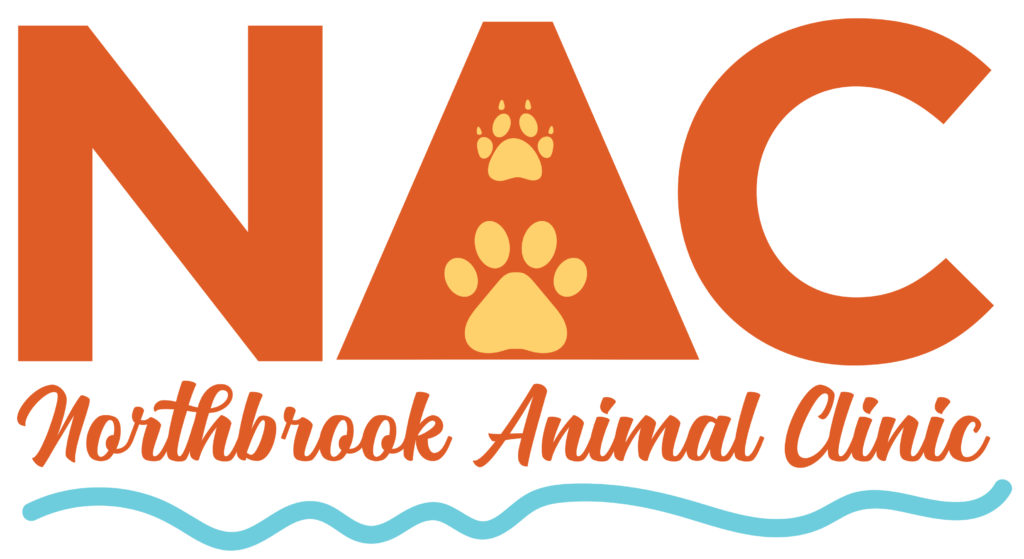Library
-
For many cats, a visit to the veterinarian can be stressful. Familiarize your cat with being inside a carrier: make the carrier a cozy and pleasant place to be – it is essential for your cat’s safety. Upon arrival at the veterinary office, try to relax and talk calmly to your cat. Bring delicious, favorite treats and a familiar towel that your cat can snuggle in during her examination.
-
Many dogs experience fear associated with veterinary visits. Once recognized, fear can be reduced with gentle handling techniques and structured behavior modification exercises such as desensitization and counterconditioning. Medications that reduce anxiety can be given before the visit, while full sedation may be needed for some fearful dogs or certain procedures. Over time, dogs can learn to cooperate in their care.
-
A successful road trip with a cat begins long before the day of travel. Teach your cat that the carrier is a great, everyday place to hang out. Take your cat's medical documents with you and be sure your cat wears identification during travel. Take a small supply of the litter your cat's used to and bring along water from home. Consult your veterinarian to create the best travel plan for your cat if she does not travel well.
-
A successful road trip with a dog begins long before the day of travel. If you have a small dog, teach him that his carrier is a great, everyday place to hang out. For larger dogs, there are several well-designed doggy seat belts for restraint in the back seat. Take your dog's medical documents with you and be sure your dog wears identification during travel. Consult your veterinarian to create the best travel plan for your dog if he does not travel well.
-
Roundworms are the most common gastrointestinal worm found in dogs and can also be transmitted to people. They are of most concern to puppies when present in large numbers, causing stunted growth, a pot-bellied appearance, and recurrent diarrhea. Diagnostic testing, treatment, and preventive measures are explained in this handout.
-
Routine fecal examinations are used to detect intestinal parasites in your dog. This handout discusses how the tests are done and why regular testing is critical to the health of your pet.
-
Dogs can be great running partners. They are always available, they have energy to burn, and they aren't in a bad mood from a stressful day at work. Plus, approximately 50% of American dogs are overweight and need to work off a few calories.
-
Do you have medications stored in the bathroom cabinet, kitchen drawer, and pantry shelf? Are random bottles haphazardly tossed into the “pharmacy”? Medications are meant to help us and our pets, but they can do more harm than good if stored or administered incorrectly. You can protect your family and pets by safely handling and disposing of medications.
-
Senegal parrots are small- to medium-sized birds. They are generally very friendly and are very adept at mimicking household sounds like the microwave or telephone. They generally bond with one to three household members.
-
Several changes occur in the aging cat; they often progress slowly, so it is essential to have your senior cat examined by a veterinarian twice yearly. This is important so that if your cat develops a disease, it can be recognized and treated as early as possible, thereby maintaining her quality of life for as long as possible.

